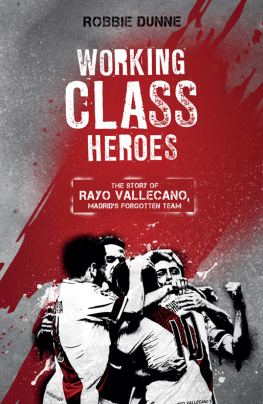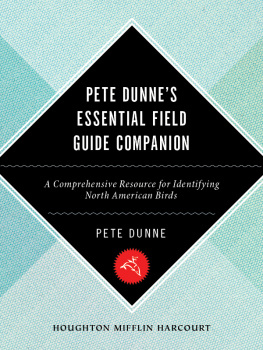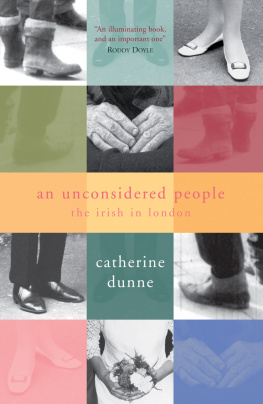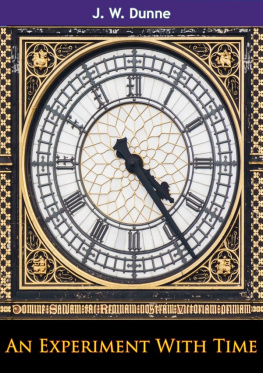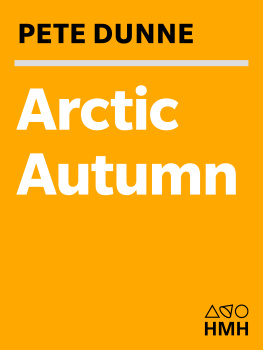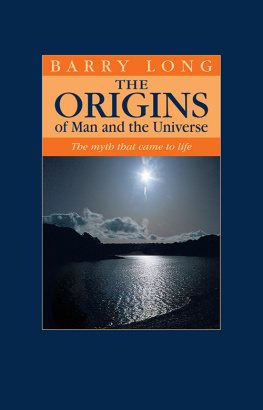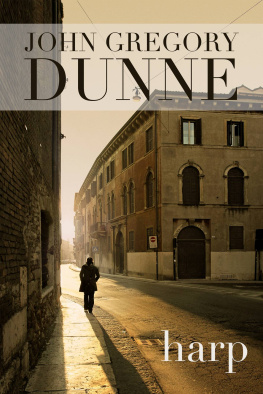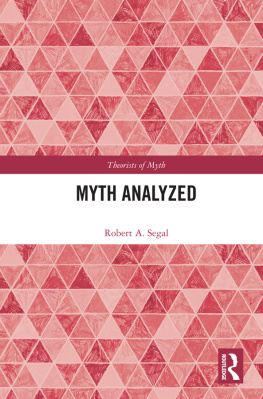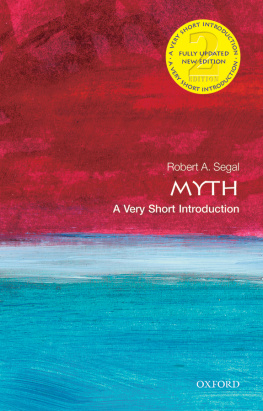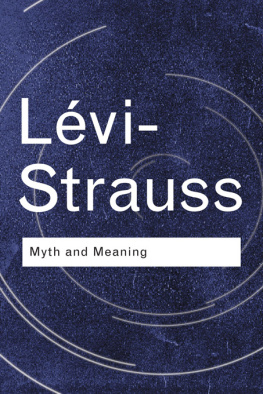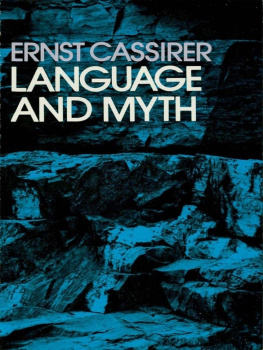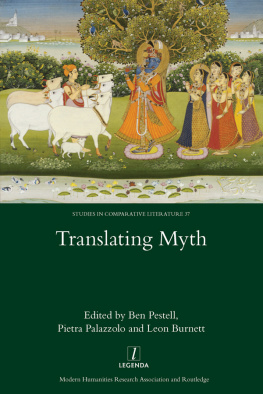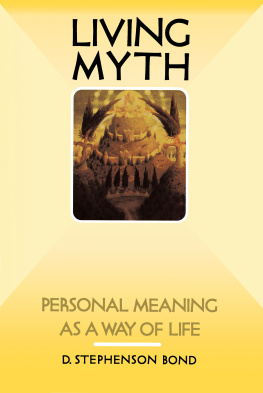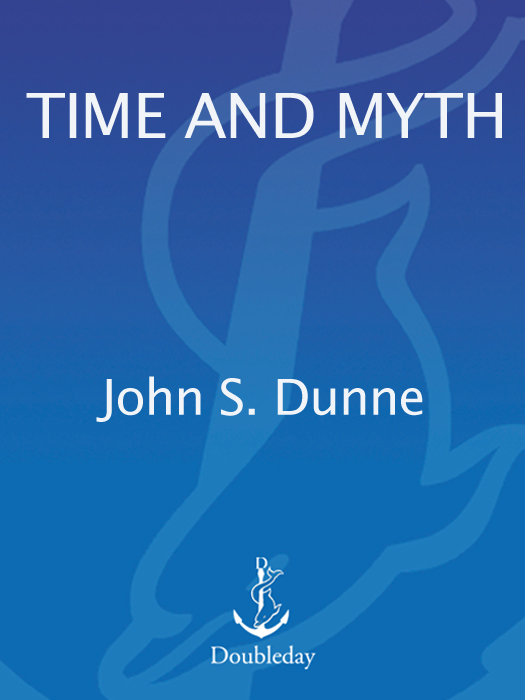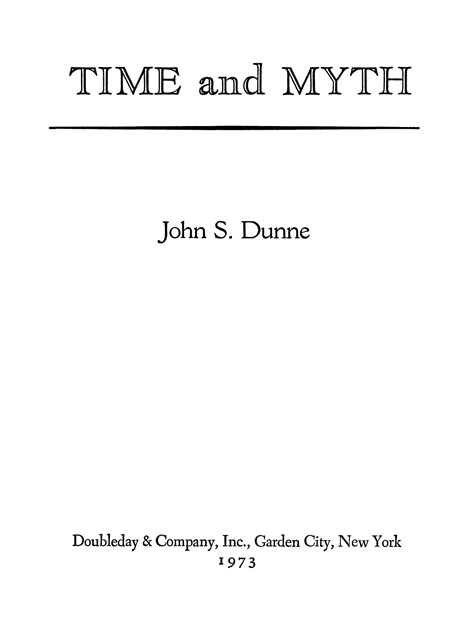By the same author
THE CITY OF THE GODS
A SEARCH FOR GOD IN TIME AND MEMORY
THE WAY OF ALL THE EARTH
eISBN: 978-0-307-81906-2
Library of Congress Catalog Card Number 76186017
Copyright 1973 by John S. Dunne
All Rights Reserved
v3.1
Contents
Acknowledgments
I would like to thank Father Richard Russell and the Thomas More Foundation for inviting me to give the Thomas More Lectures at Yale in February 1971. This book is based on those lectures, though each lecture has been greatly transformed in the writing.
Preface
What kind of story are we in? Is it the story of an adventure, a journey, a voyage of discovery? Or is it something simpler like the story of a child playing by the sea? I do not know what I may appear to the world, Isaac Newton said in his old age, but to myself I seem to have been only like a boy playing on the seashore, and diverting myself in now and then finding a smoother pebble or a prettier shell than ordinary, whilst the great ocean of truth lay all undiscovered before me.
If we are in the story of an adventure, a journey, a voyage of discovery, we are in a story where time is all important. Our journey may in fact be a quest of life like that of Gilgamesh, carrying us to the boundaries of life in an effort to conquer death. Or it may be a return from the boundaries, a journey like that of Odysseus, carrying us from the wonderland of death back into the life that can be lived within the boundaries set for us by time. It may be like a journey through the otherworld, through the land that lies on the other side of death, carrying us like Dante from a hell through a purgatory to a paradise. Or it may be an exploration of this world, carrying us like the Odysseus of Nikos Kazantzakis to the poles of the earth where we meet death in ice and darkness. However we tell it, our adventure appears to be somehow a story of death. Within the story of death there is a story of love like that of Odysseus and Penelope or that of Dante and Beatrice, and within the story of love and death, or containing them, there is a story of the world. We enter the story of the world in childhood, that of love in youth, and that of death in manhood.
Still, our life story, where we go from childhood to youth to manhood to age, seems to be neither a story of the world nor one of love nor one of death but something else containing all of these or contained in all of them. It may well be a simpler story like that of a child playing by the seashore. If it is, then time does not count in it so much as in the stories it contains or that contain it. The story of a child playing is simple enough to be a story of God, a story of the timeless. It can be a story of man and God like that of Jacob wrestling with God. Our life may be the story of a wrestling with the unknown, a wrestling that is like a childs playing, as easy as childs play and as hard as overcoming God.
What kind of story are we in? is a question we might ask if we were characters in a story and the storyteller would let us ask it. As it is, we can ask it anyway, and I would like to make it the question of this book, for stories can be told of what we do and what happens to us and what we become. It is a question about myth in the original sense of the word mythos, a tale, a story. There are stories within stories. Let us ask about them, beginning with the stories where time counts most and ending with those where it counts least, As we engage now in hearing and telling stories, we will be carried, I am hoping, from a time that is almost the same as death to a time that is a child playing.
NOTES TO THE PREFACE
David Brewster, Memoirs of the Life, Writings and Discoveries of Sir Isaac Newton (Edinburgh, Constable, 1855), Vol. 2, p. 407.
Heraclitus, Fragment 52 in Hermann Diels and Walther Kranz, Die Fragmente der Vorsokratiker (Berlin, Weidmann, 1934), Vol. 1, p. 162.
ONE
Time and the Story of Death

A young girl once stood barefoot on a beach in Normandy, facing the sea and singing. Yeats the poet stood behind her at a distance, listening to her song. She sang of the many civilizations that had existed there and had passed away, he tells us. She sang to words of her own, but she ended each verse with the cry, O Lord, let something remain!
Nothing seems to remain. A man passes through the ages of lifechildhood, youth, manhood, old age. Each age comes and goes, and life itself seems to go in death just as childhood does in youth and youth in manhood and manhood in age. Much the same thing seems to happen to whole civilizations. They too have their childhood, youth, manhood, and age, their birth and death, their rise and decline and fall. Nothing seems to remain after life but a death mask, a cast taken from a dead face, an impression left by a once living being. An enduring life, a life that could last through and beyond death, would have to be a deeper life than the ordinary. It would have to be some life that men have without knowing it, some current that runs far beneath the surface. To find it would be like seeing something fiery in the depths of life; it would be like hearing a rhythm in life that is not ordinarily heard. The question is whether a man, if he found such a life, could bear to live it, whether he could live at that depth, whether he could live according to that rhythm.
The deeper life would be like an undertow, like a current that flows beneath the surface, a current that sets seaward or along the beach while the waves on the surface are breaking upon the shore. The phases of life and the phases of civilization are like the waves, each phase swelling and dying away, each one rolling onto shore and breaking. A life lived on the surface is like the surf itself, like the swell of the sea that breaks upon the shore, like the foam, the splash, the sound of breaking waves. There is no swelling and breaking in the undertow, no foam, no splash, no sound. Yet it is a powerful current and may move in a direction opposite to that of the waves, may move toward the open sea while they move toward the shore. A man who gave himself to the deeper current of life might run a risk like that of a man who let himself be caught in the undertow. It might be better for him to float on the surface and let himself be carried in to shore. To live in accord with the deeper rhythm might be to ignore the surface rhythm of life. It might mean missing the normal joys and cares of childhood, youth, manhood, and age. It might mean plunging down into the depths of life to follow a light as elusive as sea fire.
The girl who stood on the shore, facing toward the sea and singing, O Lord, let something remain! was singing of this deeper and more enduring life. There must have been figures like her in all the civilizations of which she sang, all the civilizations that had come and gone on that shore. There must also have been figures who pointed the other way, who pointed toward the existence a man neglects when he goes in pursuit of everlasting life, toward the sacrifice, the passion, the madness, the beauty, the love that can be found in mortal existence. History is like the story of a man who meets all these figures one after another, asking each of them about life and death, asking each whether something does remain. Let us ask the question ourselves. Let us pose it to each age of history.



